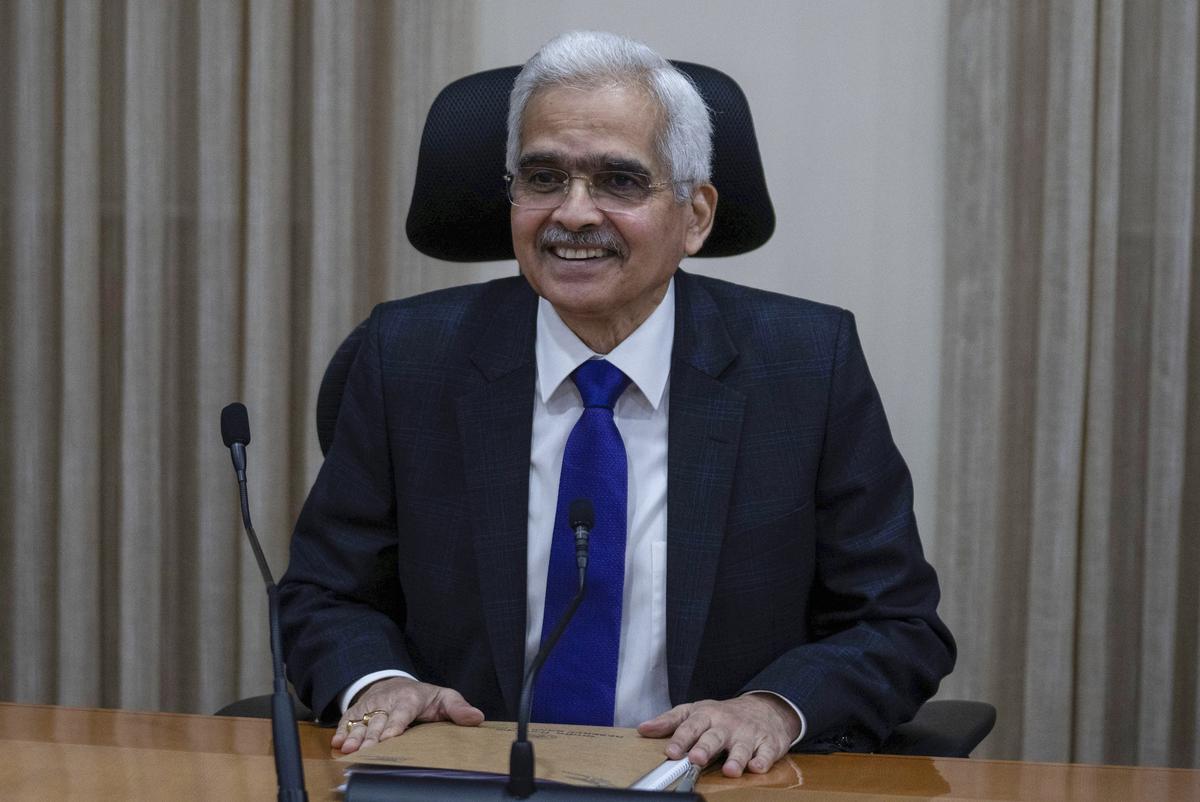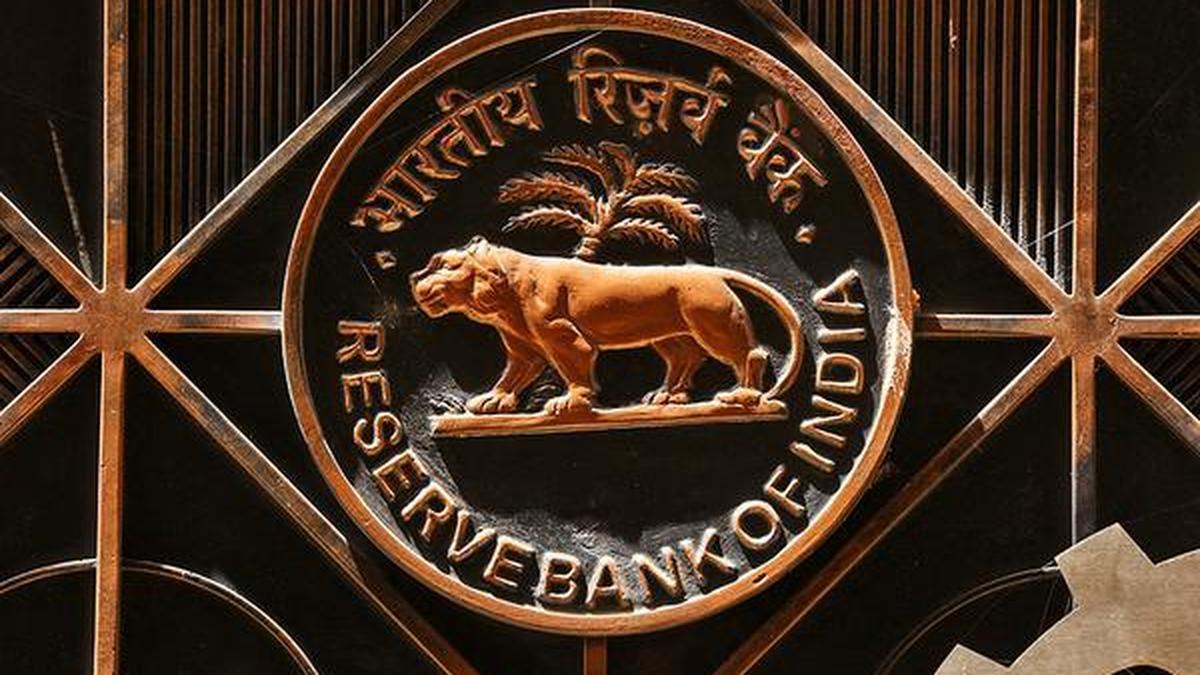Reserve Bank of India governor Shaktikanta Das, at a press conference at the RBI head office, in Mumbai, on December 7, 2022.
| Photo Credit: AP
Asserting that the newly-introduced Central bank digital currency (CBDC) does not leave any trail with a bank, RBI governor Shaktikanta Das on December 7 said there is no need to create a “fear psychosis” in the minds of people over privacy concerns.
The pilot on the wholesale Central bank digital currency (CBDC) has been very satisfactory, and the RBI is keen to pick up learnings from the ongoing pilot for the retail CBDC and implement them, Mr. Das told reporters at the post-policy press meet in Mumbai.
Explained | RBI’s concept note on introducing CBDCs
Answering a query on possible raids by agencies such as the Enforcement Directorate in the future, because the CBDC does not possess the anonymity which the paper currency offers, Mr. Das said one must not be worried over privacy concerns. “Let’s be clear, when you pay in currency notes to another person…here also incidentally, let me say, you cannot find out because the information is not available to the bank. The bank does not know,” Mr. Das said.
“It [CBDC] goes from my mobile to somebody else’s mobile. So why should we create this fear psychosis?,” he asked.
“The Income Tax Department has certain limits for cash payments… (for) withdrawals beyond a certain limit, you have to give your PAN card number. The same rules will apply in the case of CBDC also because both are currency,” he noted.
Many experts, including former RBI governor D. Subbarao, have flagged concerns over the privacy aspect of CBDC. Deputy governor T. Rabi Sankar on December 7 seemed to acknowledge the concerns on privacy, but was quick to add that the Central bank is looking at solutions to make the CBDC at par with paper currency when it comes to having the key feature of anonymity which has ensured that cash is still is used in the developed world.
“How anonymity is to be ensured in the case of a digital currency, because the normal understanding is that anything digital leaves a footprint, can have various solutions,” Mr. Sankar said.
The RBI is looking at a technological solution and also a legal solution to help assuage the concerns on this problem, he added. Mr. Sankar further said the authorities will create the base by introducing the currency and then depend on the private sector to innovate and launch various use cases for the same.
Both Mr. Das and Mr. Sankar explained that the CBDC is different from the Unified Payments Interface (UPI), which operates through a link to a person’s bank account.







